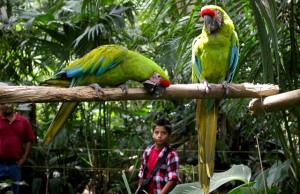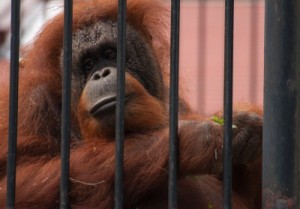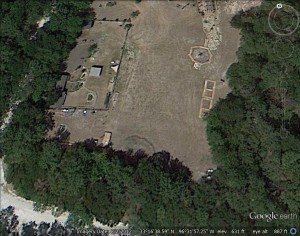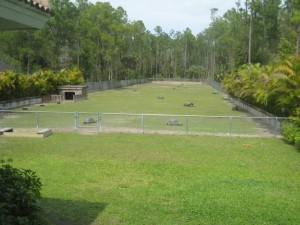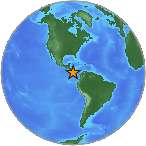
Central America is experiencing more large earthquakes.
The entire western edge of Central and South American is experiencing large earthquakes, but when one of my favorite countries, Costa Rica, has a large earthquake, I always post it.
On February 12, 2014, offshore Joco, Costa Rica had a 4.7 magnitude quake. This quake occurred amid a string of quakes sriking the western portion of both Central and South America:
- 4.6 Chile
- 4.6 Argentina
- 5.5 Chile
- 5.2 Chile
- 4.5 Guatemala
- 4.7 Costa Rica
Now, compare this activity to the volcanic activity in these countries. Connect the dots to see the increase in both volcanic and earthquake activity in Central and South America.
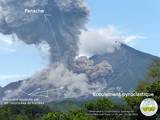
Eruption of Santiaguito volcano in Guatemala (webcam image: INSIVUMEH, annotated by Blog Culture Volcan)
